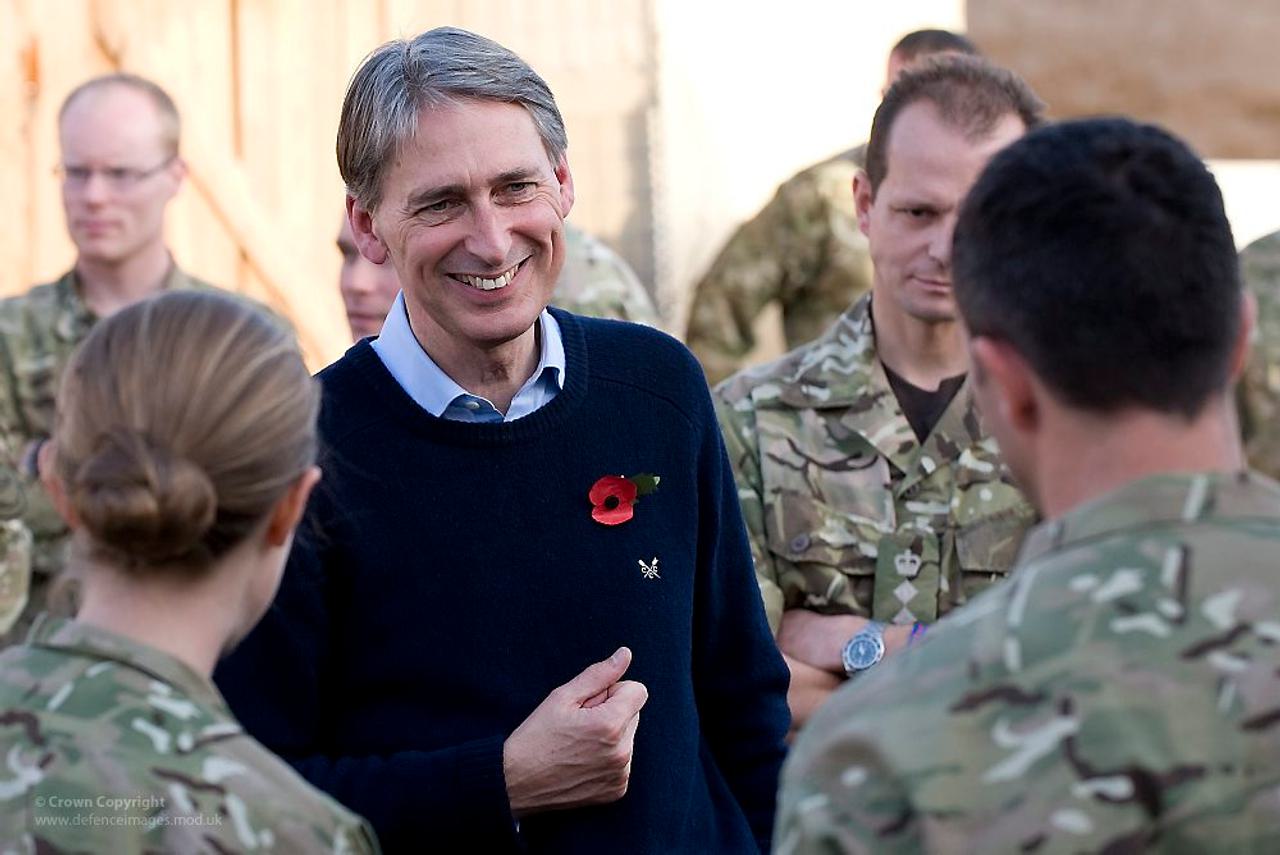
UK bans transfer of prisoners to Afghan forces following torture fears
Secretary of State for Defence, Philip Hammond MP, finally does the right thing.
British troops have been banned from transferring suspected Taliban prisoners to the Afghan authorities because of claims of torture by local forces.
The move, which follows a ruling by the British High Court, is a blow to Nato countries that want to formalise their detainee transfer process, and potentially throws the UK’s strategy for leaving Helmand by the end of 2014 into disarray.
It is a breach of international law to transfer prisoners to the custody of another state where they may face a risk of torture. To date, NATO forces have attempted to comply with their human rights obligations by obtaining written assurances from the Afghan government that torture will not take place. These assurances are known as memorandums of understanding, or MOUs.
Last year a joint investigation by the Bureau and the New Statesman magazine revealed that despite condemnation by the UN that such MOUs are ‘utterly meaningless’, the world’s most powerful military nations were attempting to undermine 60 years of the Geneva Convention and codify the use of MOUs under international law.
Since signing an MOU in 2006 the British government has continued to transfer detainees in Afghanistan despite an overwhelming body of evidence that torture is rife.
But now, the British High Court has ruled that an Afghan detainee who alleges he was subjected to torture can challenge the legality of his transfer. In a highly embarrassing about-turn, the defence secretary Philip Hammond has stopped all transfers of detainees.
Serdar Mohammed, 24, was given leave to seek judicial review by Mr Justice Collins, sitting at the High Court in London. His lawyers told the court he signed a confession stating that he was a member of the Taliban following torture by the National Directorate of Security (NDS), the Afghanistan intelligence service. The ill-treatment including being hung by handcuffs from bars, and beatings with sticks and electric cables when he fell asleep.
The judge ruled that the father of two, who was jailed for six years, had ‘an arguable case’ that should go to a full hearing, but stressed his decision did not guarantee the challenge would succeed.
Serdar Mohammed’s barrister, Ben Jaffey, argued that his situation was particularly relevant because his transfer came in 2010 – immediately after British courts demanded safeguards for detainees following another case brought by peace activist Maya Evans two years ago.
The Evans case exposed the fundamental failings of the British government’s MOU with the Afghan authorities, but was only a partial victory. The High Court banned transfers to the NDS in Kabul following claims of systematic abuse. However it ‘hesitantly’ allowed prisoners to be sent to the Afghan facility in Lashkar Gah, as long as there were safeguards that it would be monitored.
In the new case of Serdar Mohammed, the court heard evidence that the Afghan NDS operated an underground interrogation chamber near the British headquarters in Lashkar Gah and that ‘torture was entrenched’ in the organisation.
The judge said that in part as a result of the case, defence secretary Philip Hammond had now stopped all transfers of detainees from British forces to the Afghan authorities ‘as part of an ongoing review’.
Mr Justice Collins also gave Evans permission to bring a linked legal challenge. Both cases are being brought on legal aid. The judge rejected Ministry of Defence submissions that the twin challenge was too costly for the public purse and that only one case should have been given the go-ahead.
An MoD spokesman said: ‘Detention operations are an important part of our force protection measures protecting our people, our allies and partners, and the Afghan civilian population. They also directly contribute to the success of the NATO ISAF mission in Afghanistan and ultimately to UK national security.
‘In response to a recent UK inspection there is a temporary hold on transfers while we assure ourselves that UK detainees are not at risk of serious mistreatment or torture.’
Highlighting the dilemma faced by the British military, Mr Justice Collins said: ‘If our troops are attacked by the Taliban insurgents and there is the capture of some rather than being killed, then after 96 hours they have to go free. That is a somewhat worrying situation to say the least.’
However, he added an equally serious issue was that the UK could not be seen to be complicit in torture or mistreatment.
As Nato-led forces plan to withdraw from Afghanistan, the focus on how western armies can hand over detainees without breaching international law will intensify.




